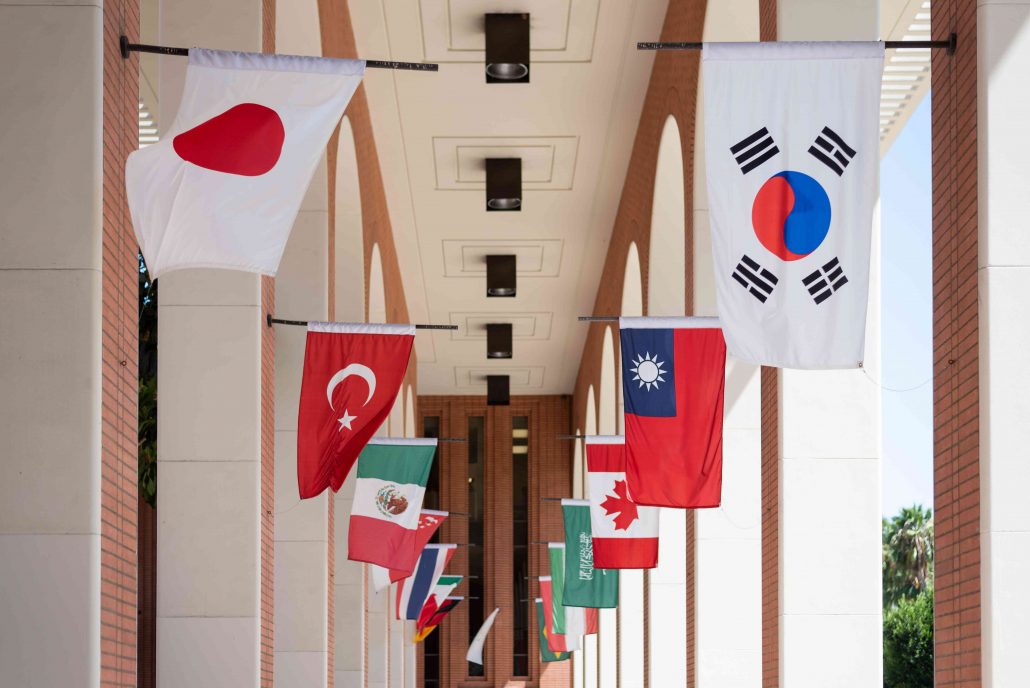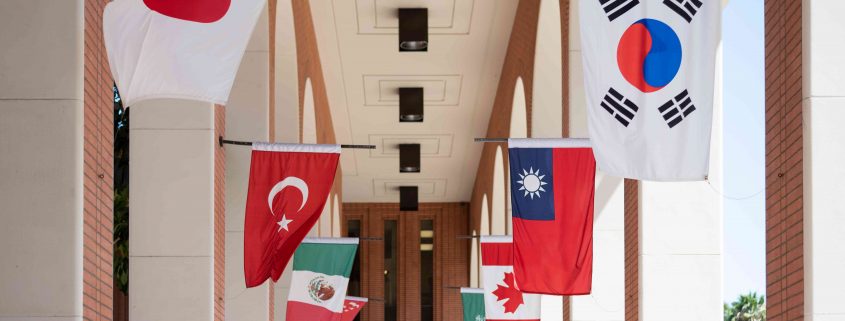International students should fear visa insecurity

Among the students from the Class of 2023, a Harvard freshman was met with a less invigorating fate in starting his college career. Ismail B. Ajjawi, an international student and the son of Palestinian refugees from Trye, Lebanon, was notified that he was denied entry into the United States and his student visa had been revoked. The decision was reached by U.S. Customs and Border Protection upon Ajjawi’s arrival at the Logan International Airport in Boston, Mass. after airport officials seized his laptop and cell phone. The officials reported that they found information that was critical of the U.S. that had been posted to social media by friends of Ajjawi.
The deportation of this 17-year-old college freshman came as a shock to many. However, others may be less surprised considering the drastic measures of immigration reform enacted by the Trump Administration. But after the ensuing uproar in response to his deportation, Ajjawi was able to return to the United States, clear customs and make it to Harvard’s campus just in time for the semester. Regardless, this was something Ajjawi shouldn’t have even gone through in the first place.
Another incident of deportation of a college student occurred in April 2018. Wenliang Sun, a student from China attending the University of Central Florida, was deported after police found he possessed a semi-automatic weapon. Additionally, Sun reportedly was not attending his classes, which is a violation of most — if not all — of the requirements set by student visas.
Their deportation is jarring to say the least. Since it’s a student studying internationally, with a visa that allows them to do so, this opens a whole new and daunting door to the true motives of the Trump Administration’s immigration reform. At USC, which boasts one of the largest international student populations of any university in the U.S., the administration must take proper measures to ensure the safety of our international student community.
USC must take a stance and implement regulations that ensure the welfare of its students studying here from across the globe, regardless of their visa status. As we can see with Ajjawi’s case, there is a gray area when it comes to understanding the grounds for revoking a student visa. According to the Office of International Services, as long as a student maintains their status as a full-time student, there should be no issue with their visa. This, of course, comes with the understanding and assumption that the student is following university policy in every area.
It’s safe to assume that other universities, including Harvard, have student visa regulations similar to those of USC. The issue here is not within the grounds of university policy but rather that of a nationalist administration that has taken over the U.S. government.
So how else can USC ensure its protection of international students under the Trump Administration’s harsh and ambiguous immigration policies? What was once a dangerous sentiment of massive deportation preached to the masses is now taking a toll on those who are studying abroad in the U.S.
To start, USC can increase its resources for those on a student visa for their peace of mind. A simple yet direct forum that promotes USC’s dedication to protecting its students under this radicalized administration would not only set a precedent, but assure current and potential students that USC is on their side — no matter what the government’s administration has in store. In addition, the resources available for international students that feel threatened by the Trump Administration are lacking and overdue. Currently, there are no resources provided by USC for international students regarding ways to address unfair treatment caused by their international student status.
However, it goes without saying that the U.S. government has the most jurisdiction when it comes to who can and cannot stay in the U.S. With that said, USC is a colossal university with vast connections to government officials and other powerful people. It must use its influential standing and force to use Ajjawi’s experience to develop and provide more resources for all international students, not only for the sake of USC’s international student community but for the sake of all that wish to — and do — study abroad in the U.S.
The entire premise of an institution — whether it be a high school or university — is to safeguard their students from the harsh realities of the real world. This is not to say that laws don’t apply, because they do, but rather that there is opportunity for mistakes to be made and lessons to be learned from those mistakes. That includes impending forces that aim to inflict seemingly arbitrary punishment on innocent students. No matter how monopolizing and large those forces may seem, USC must stand up against that injustice and ensure the well-being of all of its students.

